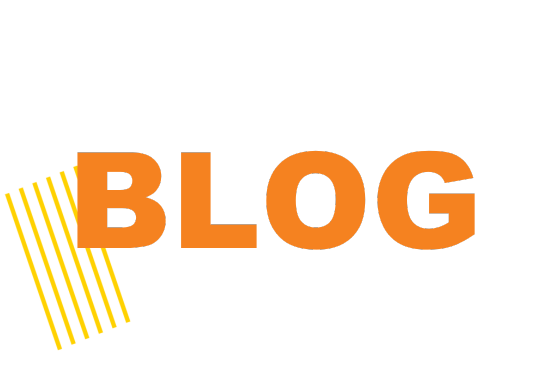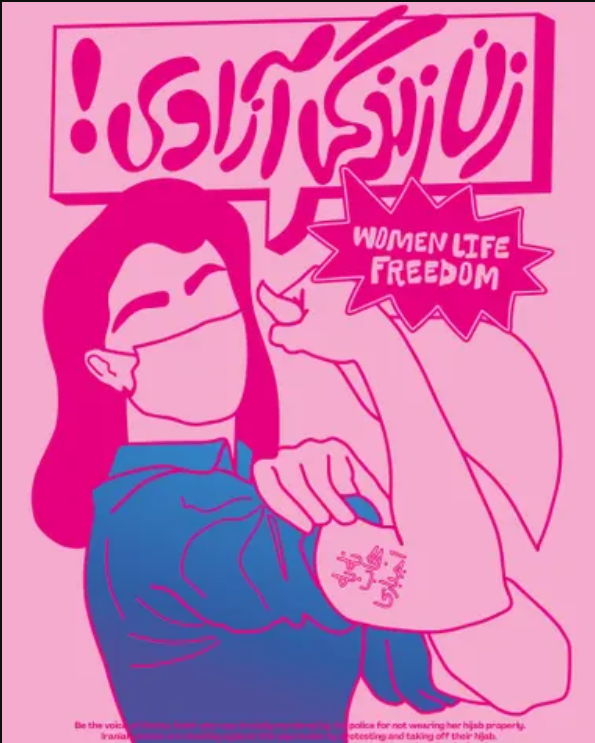Women Belong Inside, Outside, Everywhere, Free
By Leila Milani
October 5, 2022
In the Persian language, there is a word for rooms in the home that are open to male visitors, beeroonee (بیرونی) or outside, and a word for rooms that are sacred and protected, andaroonee (اندرونی) or inside, the space for women.
Not exclusive to Iran, acts of violence and oppression against women have long been treated as a private matter, veiled behind closed doors. It wasn’t until 1993 that the UN considered domestic violence an international human rights issue. In the U.S., the Violence Against Women Act, which acknowledged domestic violence and sexual assault as crimes and designated resources for prevention and response, wasn’t passed until 1994.
Around the world, we have witnessed women breaking open the doors of silence about violence, lifting their voices to call for their safety and freedom – from nations recovering from conflict such as in Rwanda or in response to raising rates of femicide in places including Mexico.
And now, the people of Iran, led by women and girls, are taking to the streets in response to the recent death of 22-year old Iranian-Kurdish woman, Mahsa Amini. Amini died in police custody on September 16, behind closed doors, three days after she was arrested and detained by the Morality Police for wearing the country’s mandatory hijab, or headscarf, improperly.
Her death has since sparked the demonstrations rapidly spreading in the streets of Iran that go beyond the call for women’s freedoms. As recounted in the lyrics of Shirvin Hajipour’s song “Baraye” – the protest’s new anthem – these demonstrations call for “dancing in the streets, for smiling faces, for students, for the future, for the polluted air, for the innocent dogs, for a girl who wishes she was a boy, for feeling of peace, for woman, life, freedom.”
In Iran and elsewhere, women are often the canaries in the mines when it comes to the erosion of freedom. In fact, women’s treatment is the greatest indicator of how peaceful and secure a society is. The groundbreaking work of Dr. Valerie Hudson shows “that the prevalence of violence against women and inequality in a country can be a predictor of its peace and security” and notes that “when a society normalizes violence and oppression between men and women—the two halves of humanity whether in households or communities—adverse effects will be felt.”1
In 2017, FUTURES released its report “Linking the Security of Women and Security of State: A Policymaker Blueprint” and offered priority policy and programmatic recommendations around the relationship between violence, violent extremism, and trauma, and approaches that improve resilience, support survivors and contribute to better security outcomes. This report informed the Women, Peace and Security Act of 2017 (WPS) which calls for women to have a stronger presence at negotiating tables, greater opportunities to prevent conflict, increased protections from violence, and better access to resources during post-conflict reconstruction.
Women in Iran have access to education, employment, and even the right to vote. Behind closed doors, however, laws govern the personal and private aspects of women’s lives, including their right to travel, inherit property, pass citizenship onto their children, and dress how they like.
Now women have become the symbol of freedom and are leading the protests — from removing their hijab and singing songs of freedom in their classrooms to cutting off their hair and marching in the streets of Iran in defiance of batons and bullets. Their voices are leading the movement, and speaking to the impact of women’s empowerment and the demand for equality.
The very fact that the chants for “women, life, and freedom” became the battle cry for Iranian demonstrators over the past few weeks is a realization that as long as the women in Iran are treated as second class citizens, and their personal and private decisions can be trampled on, all people’s hope for democracy, justice, and equality in the rule of law is futile.
As we have done in other countries, Futures Without Violence is listening to the women in Iran. We must follow their lead, lift up their voices, and support the effort to change Iran’s arc towards injustice and oppression to one of freedom — freedom of expression, freedom of movement, freedom of choice, freedom to exist.
Women belong inside – andaroonee (اندرونی), outside – beeroonee (بیرونی), everywhere, free.



